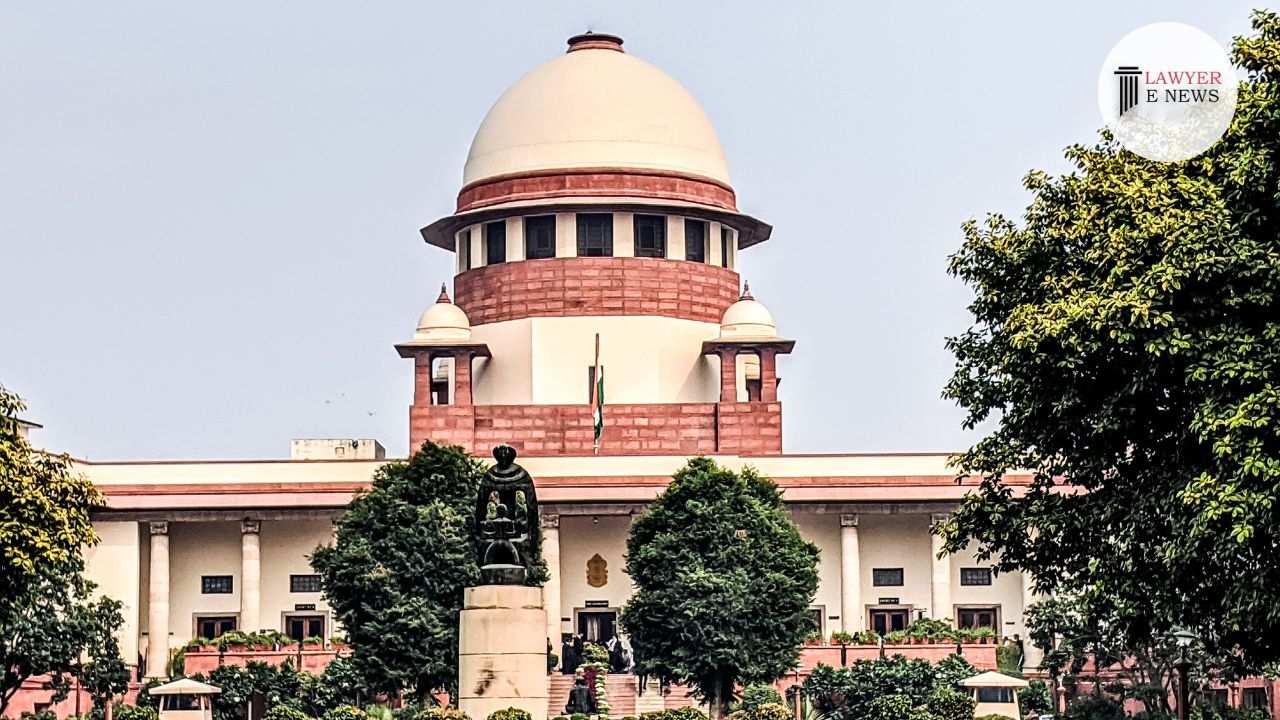-
by Admin
15 February 2026 5:01 PM



In a significant ruling, the Supreme Court acquitted Pankaj Singh, the appellant in a case involving allegations of rape, wrongful confinement, and destruction of evidence. The Bench of Justices Abhay S. Oka and Ujjal Bhuyan observed, “the evidence of the prosecutrix does not inspire confidence due to the consensual nature of the relationship and lack of evidence of forcible intercourse,” leading to the overturning of the conviction previously affirmed by the High Court.
The case centered around the credibility of the prosecutrix’s testimony and the application of legal provisions like Section 114A of the Indian Evidence Act. The key legal point was whether the evidence presented constituted rape or indicated a consensual relationship.
The appellant, Pankaj Singh, was convicted by the Trial Court under Sections 342, 376, and 201 of the Indian Penal Code (IPC), with the High Court affirming this conviction. The prosecutrix alleged that Singh, a friend of her husband’s brother, had forcibly raped her and taken objectionable photographs, using them to threaten her. The defense argued the relationship was consensual, highlighted by mutual travel and continuous communication.
Consent in Rape Allegations: The court observed the continuous and consensual communication between the appellant and the prosecutrix, noting the absence of injuries or resistance typically indicative of a non-consensual act.
Section 114A of Evidence Act: The Bench clarified that Section 114A, which presumes absence of consent in rape prosecutions, was inapplicable as Singh wasn’t charged under the specific clause of IPC required for the presumption to operate.
Admissibility of WhatsApp Conversations: The court addressed the admissibility of these conversations, despite the lack of a Section 65B certificate. It found that the evidence did not conclusively prove non-consent.
Absence of Compulsion Evidence: The judgment highlighted that the prosecutrix did not demonstrate any compulsion or resistance, which weakened the prosecution’s case.
Decision: The Supreme Court acquitted Pankaj Singh of all charges due to insufficient evidence of non-consensual intercourse. The Court set aside the lower courts’ convictions, cancelled Singh’s bail bond, and disposed of pending applications.
Date of Decision: March 21, 2024
Pankaj Singh vs. The State of Haryana
